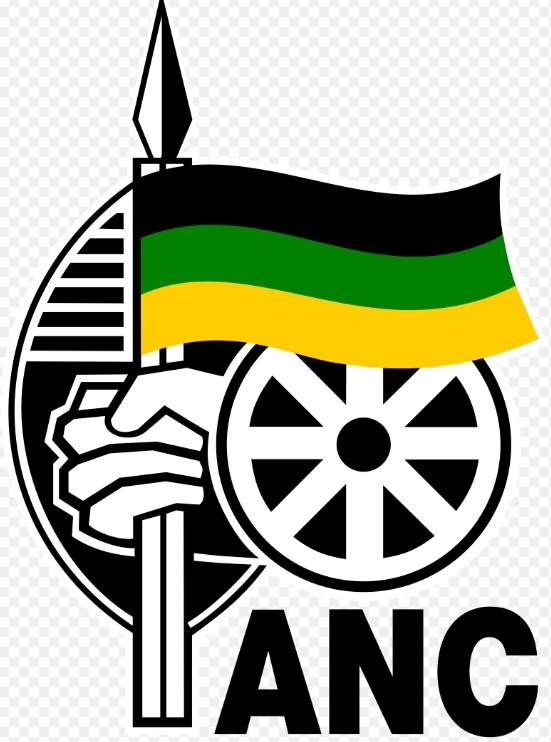SA's governing party ANC aims expansion of central bank mandate after GDP lagged 1.7pct fall

- Country:
- South Africa
South Africa's governing party African National Congress (ANC) has agreed to expand the central bank's mandate to include employment and growth as well as inflation, a senior party official said on Tuesday, June 4, hours after data showed the worst economic contraction in a decade.
The rand extended losses after the comments from ANC Secretary General Ace Magashule, as investors are nervous about any changes that could curb the independence of the South African Reserve Bank (SARB). "The National Executive Committee lekgotla (meeting) agreed to expand the mandate of the South African Reserve Bank beyond price stability to include growth and employment," Magashule told a news conference.
The central bank could not immediately comment. Magashule said the ANC executive wanted the government to set up a team to explore quantitative easing, after the statistics office said gross domestic product contracted a quarterly 3.2% in the first three months of 2019.
The shock GDP reading lagged the 1.7% decline economists had expected and was another sign that President Cyril Ramaphosa's growth drive is struggling to gain traction. The rand was more than 2% weaker against the dollar by 1300 GMT, reflecting worries about the weak economy and potential changes to the central bank's focus.
"This was the largest economic contraction in almost a decade. ... It was largely driven by manufacturing, then mining," Statistician General Risenga Maluleke told a news conference. Investor confidence in Africa's most industrialised economy remains fragile, despite Ramaphosa's pledges to woo investment, create jobs and root out rampant corruption after his party won re-election last month.
He faces formidable obstacles, including factional fighting within the ANC, weak consumer demand and ailing state firms like power utility Eskom, which was forced by capacity constraints to impose blackouts early this year. RATINGS RISK
Although Moody's still has South Africa's credit rating at Baa3, the lowest rung of investment grade, economists fear the power crisis will ultimately cost the country that rating and lead to billions of dollars of outflows. Fixing the problems at Eskom and another loss-making state-owned firm, South African Airways (SAA), is seen as critical to shoring up confidence among the investors South Africa relies on to finance its big budget and current account deficits.
"The South African economy is not doing well, there are all these false starts where we think the economy is just about to re-accelerate and then it drops back again," said Cristian Maggio, head of emerging markets strategy at TD Securities. "The government really has very little time to start doing what it has to do."
Statistician Maluleke said load-shedding -- a local term for controlled power outages -- had contributed to the economy's decline in the first quarter. Tuesday's data showed mining output dropped 10.8% in the first quarter from October-December. Manufacturing output fell 8.8%, agriculture dropped 13.2% and construction declined 2.2%.
But output edged up 1.1% in the finance sector. Year-on-year growth in the first quarter was zero compared with forecasts for growth of 0.7%, the statistics office said.
A recent Reuters poll forecast the South African economy would expand by around 1% in 2019 as a whole, compared with growth of 0.8% last year, although analysts are likely to revise that view in light of the new data. Even that level of growth would be insufficient to make a meaningful dent in poverty and unemployment or reduce severe inequality, which persists in South Africa more than two decades after the end of white minority rule.
(With inputs from agencies.)
- READ MORE ON:
- South Africa
- Ace Magashule
- Cyril Ramaphosa
- Blade Nzimande
- Thoko Didiza
- Central Bank
- Commercial bank
- Online banking
- African Americans
- African National Congress
- Rwandan genocide
- South African Reserve Bank
- Market share
- Perfect competition
- Graph of a function
- investors
- party official
- Risenga Maluleke
- Eskom
ALSO READ
Madhur Iron & Steel Secures 10.85 Crores in Pre-IPO Round, Garnering Support from Key Investors Including Ankit Mittal, Planify Capital, VPK Global Ventures Fund
Byju's seeks arbitration in dispute with investors at NCLT
US STOCKS-Wall Street falls, investors digest latest Fed official comments
RBI to soon launch app to enable retail investors to participate in govt bonds
RBI Monetary Policy Meeting: Central Bank likely to keep rates steady










